PCR or go home: UAE school kids must have COVID PCR test every two weeks to stay in the classroom
UAE school children must have a COVID PCR test every two weeks to stay in the classroom, according to the latest protocols announced at a recent UAE Government briefing.
The phased return of in-class learning in UAE public schools and Abu Dhabi private schools over the next two weeks was announced by Hazza Al Mansouri, Official Spokesman of the UAE’s Education Sector, at the UAE Government media briefing on 19 January. The first cohort of students – which includes all Abu Dhabi and UAE public school children of primary-school age, as well as year 12 and 13 students and those preparing for high-stakes exams – will return to face-to-face learning on Monday 24 January. These will then be joined by the remaining students the following week, on Monday 31 January.
However, all students and staff will only be allowed to return to the classroom if they can show proof of negative PCR test results taken within 96 hours before the return to school. They will also be required to undergo PCR tests every 14 days in order to remain in the classroom. Any parent wishing to enter school premises will require the same.
Hazza Al Mansouri, Official Spokesman of the UAE’s Education Sector said:
“The Ministry of Education has implemented several preventive measures to ensure the smooth return of in-person education, and all students must show a negative PCR test result not older than 96 hours, as well as undergo a PCR test every two weeks. We advise all parents and pupils to plan ahead to avoid overcrowding at PCR test centres.”
Students of all ages required to have routine in-school PCR testing
The PCR test requirement is applicable to students of all ages, according to a release by Abu Dhabi private school regulators ADEK, following the Abu Dhabi Emergency, Crisis and Disasters Committee announcement:
“To ensure a safe return to school in 2022, all Private and Charter School students aged three years and above – regardless of vaccination status and inclusive of Students of Determination – must produce a negative nasal PCR or saliva test result valid for 96 hours before resuming in-person classes, whether on the fourth or fifth week. The same procedure applies to teachers, administrative staff and third-party contractors.
“All students below 16 years of age regardless of their vaccination status, vaccinated and exempted students aged 16 and above as well as teachers and school staff will continue to undergo routine in-school PCR testing to maintain a 14-day test validity throughout the new term.”
Dr Farida Al Hosani, Official Spokesperson of the UAE Health Sector, explained the importance of undergoing PCR tests, given their accuracy in detecting and limiting infections. “Taking the vaccine does not mean one should stop adhering to related preventive measures, and following updated protocols aimed at curbing the spread of the pandemic.”.
Abu Dhabi students can take free-of-charge PCR tests at any private or public clinic, hospital, or drive through test centre without the need to present a designated school code. However, students must present a valid Emirates ID or passport to receive the test. Students under the age of 12 can opt for a saliva test at a variety of test centers across Abu Dhabi, Al Ain, and Al Dhafra. A full list of testing locations is outlined on the ADEK website.
To accommodate for various start dates of the new term, the student testing service will be available until January 31st. ADEK advises all students physically returning to school on January 24th to take tests between January 20-22 to ensure valid test results for the first day of school.
ADEK also confirmed that the option for distance learning will remain in place throughout the term; however, parents are required to inform their child’s school of their preference to continue distance learning or return to physical school for the week starting 31st of January. The chosen model must be adhered to for the remainder of term one to enable schools to plan accordingly.
All external school trips and activities will be suspended until further notice, while sports and cultural activities will be permitted in full adherence to health and safety precautionary measures in place.
Different emirates taking a different approach
This ruling applies to Abu Dhabi private schools and UAE public schools, but private schools in other emirates are regulated separately and may choose to take a different path.
This has been the case since the start of the Spring 2022 term, especially in Dubai, where private schools brought students back to face-to-face learning from 3 January, and have not required pupils to show proof of a valid negative PCR test this term unless they experience COVID-19 symptoms.
By contrast, negative PCR-test results were required for all students returning to in-class school in Sharjah at the beginning of term, while UAE public schools and Abu Dhabi private schools have all been on distance learning until 24 January.
In another divergence between Dubai and Abi Dhabi, the capital has announced that distance learning will remain an option for those who choose to have it this term, whereas distance learning is only available to Dubai students who either have COVID, are a close contact, or display COVID symptoms.
The cautious approach taken in Abu Dhabi is something that most people appreciate, says Robert Rinaldo, Head of School/CEO, GEMS American Academy – Abu Dhabi.
“Abu Dhabi government officials throughout the pandemic have taken a conservative stance in an attempt to keep students and communities safe. Although there are differing opinions, I believe that we, as the GAA school community, are appreciative of the measures taken. There is no full substitute for the academic and social benefits of in-school learning, but successful schools have nonetheless been able to adapt and meet the learning needs of students during uncertain and challenging times.”
The PCR-testing requirements will be easier to adhere to with the staggered return of different year groups from next week, says Rinaldo:
“A 96-hour negative PCR test for all students and staff is a safe measure. As a school we have been through this before and are very confident, as a faculty and staff, in our process to ensure all students show a negative result prior to entry.”
Kelvin Hornsby, Principal/CEO, GEMS Cambridge International School – Abu Dhabi and Vice President – Education, agrees:
“The negative PCR test result requirement is part of our normal practice and has always been part of the regulatory policy and guidelines. The collation of this information is built into our daily routines, and this is supported by the in-school testing that is offered after first entry.”
Parent feedback, on the other hand, has been mixed. Although many parents in Dubai have voiced their preference for increased PCR testing for schools to ramp up safety measures, others have indicated their dislike of the measure.
“I feel that the constant fear among society is directly impacting our children’s mental wellbeing,” says Jessica Smith, Dubai-based mother of three, Paralympian, and co-founder and COO of Disability Inclusion Consultancy, Touch Dubai.
“Of course I appreciate that we need to keep everyone safe, however something as invasive as PCR tests shouldn’t happen at school – children need to be emotionally and physically supported. As a parent I feel uncomfortable doing a PCR test on my 4- and 6-year-old when I know they’re not sick, It’s just cruel in my opinion.”
Nevertheless, the return to face-to-face learning in UAE public schools and Abu Dhabi private schools has been welcomed with open arms by most UAE parents and educators alike.
“We are very excited to welcome students back to campus,” says GEMS American Academy – Abu Dhabi (GAA)’s Rinaldo.
“Distance learning has impacted all school stakeholder groups in one way or another, whether it’s a younger student needing more individualised teacher attention, a parent being asked to support the child at home, a student not able to share their learning in a timely way with a classmate, or a teacher not being able to interact face-to-face and strengthen a connection. These have all affected the learning process. The social aspect of coming to school and interacting with members of your cohort group or colleagues is important for relationship building and wellbeing.”
© SchoolsCompared.com. 2022. All rights reserved.















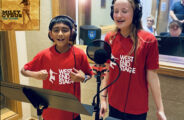



























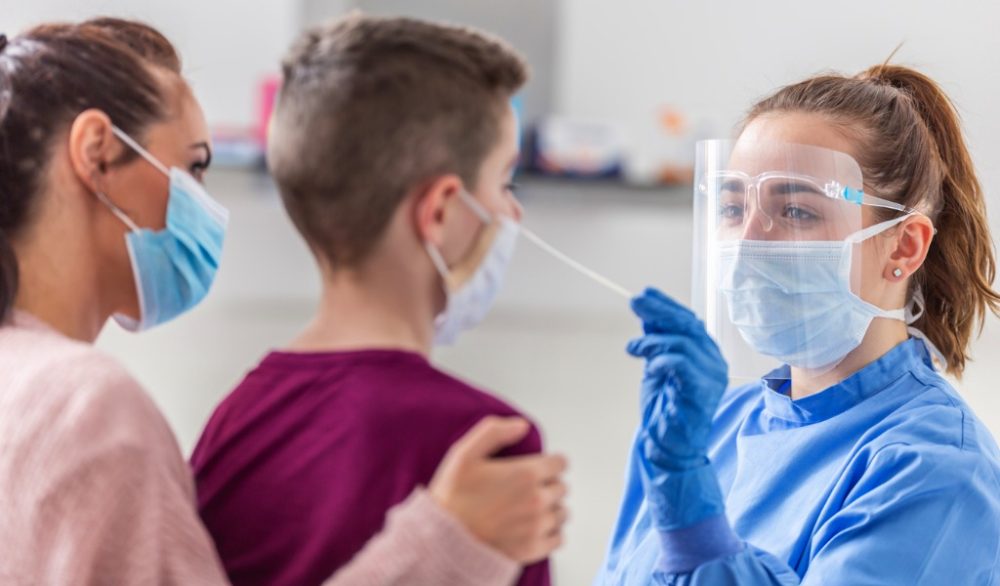



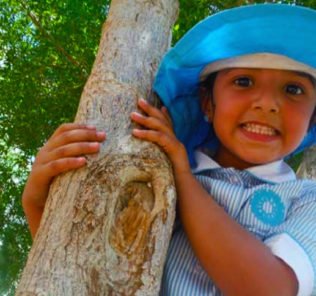




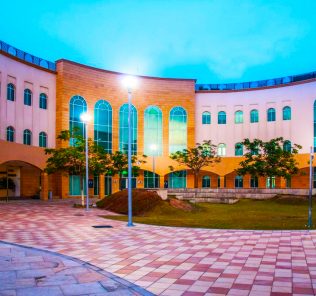

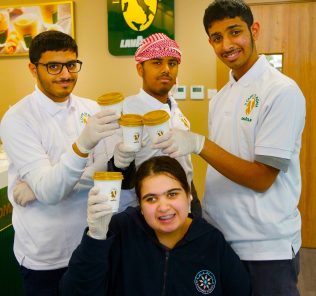

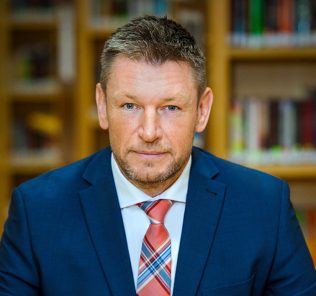

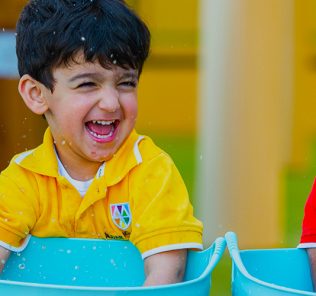















Leave a Response